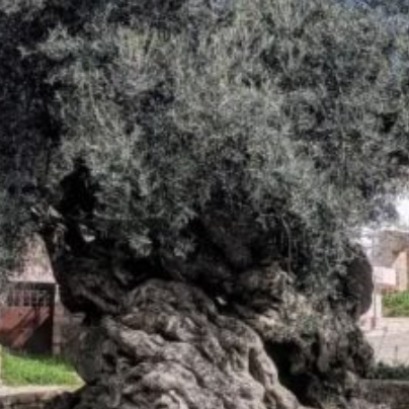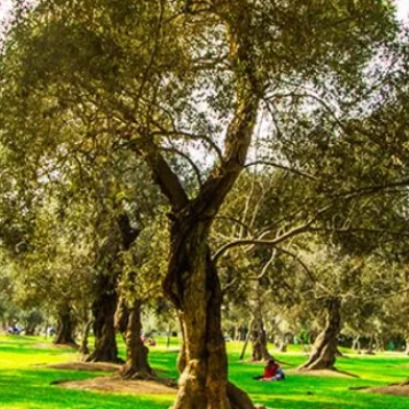
Los árboles sagrados de África se mueren y nadie sabe por qué
El baobab, el mítico árbol que Saint-Exupéry hizo famoso en «El Principito», es sagrado para muchos africanos.
El baobab, el mítico árbol que Saint-Exupéry hizo famoso en «El Principito», es sagrado para muchos africanos. Bajo sus ramas no se debe maldecir y solo aquellos considerados sabios pueden recoger sus frutos y hojas. Llamado comúnmente «árbol mágico», «de la vida» e, incluso, «de la rata muerta», por la forma de sus frutos, resulta fascinante por su gigantesco tamaño y su extrema longevidad. Algunos ejemplares pueden llegar a superar los 30 metros de altura, contener hasta 500 metros cúbicos de madera y enormes centros huecos, y vivir 2.000 años. Sin embargo, algo fatal les está ocurriendo: desde 2005, los ejemplares más grandes y longevos mueren de forma misteriosa. Los científicos no conocen los motivos y están desconcertados.

IT MAY INTEREST YOU
 Combilift Unveils the 2025 Christmas video “Twelve Days of Christmas” – with a Twist!
Combilift Unveils the 2025 Christmas video “Twelve Days of Christmas” – with a Twist!
Monaghan, Ireland – November 2025
 Experts cant believe it, but this tree is the oldest in the world and continues to bear fruit: it is 4,000 years old.
Experts cant believe it, but this tree is the oldest in the world and continues to bear fruit: it is 4,000 years old.
Nature keeps secrets that defy the passage of time, and one of the most surprising examples is a tree that, approximately 4,000 years old, continues to bear fruit today. This specimen has become a symbol of resistance and longevity, capable of surviving climate changes, landscape transformations and human activity itself.
 The city in South America that breathes thanks to a thousand olive trees planted in the 17th century
The city in South America that breathes thanks to a thousand olive trees planted in the 17th century
In the heart of South America there is a city that, among the noise and concrete, still breathes thanks to an olive forest





















